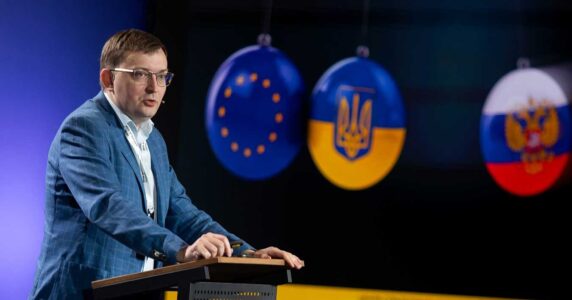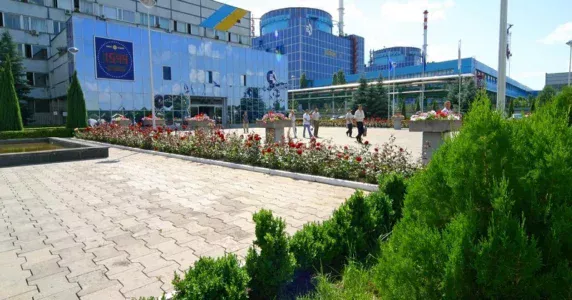Navigation and useful materials
Once again, Russia continues to use fakes about “secret prisons” in eastern Ukraine. This disinformation was spread by Russia’s representative to the OSCE, Alexander Lukashevich.
The fake was posted on the Twitter account of the OSCE Mission to Russia, referring to the “confirmation” of the former head of the UN Monitoring Mission for Human Rights in Ukraine, Fiona Fraser. She left this position in 2019 and has not headed the Mission for three years.
Various Russian media picked up the fake—from Pravda.Ru to Rossiyskaya Gazeta.
The history of this fake stretches across multiple years: before, it was actively promoted by pro-Kremlin media, such as Sputnik, Gazeta.ru and Izvestia.
Back in 2018, the government invited a special rapporteur on torture and other cruel, inhuman or degrading treatment or punishment to visit Ukraine. The report on the visit contains no mention of any “secret prisons” on the territory controlled by Ukraine.
In 2020, these fakes were refuted by the Security Service of Ukraine. “Ukraine is at war, including a hybrid war. We are defending ourselves not only from Russian bullets, but also from information attacks and major deliberate lies. So, we are used to regular stirrups on ‘secret prisons of the SBU.’ I reiterate once again that the Security Service of Ukraine has no secret prisons where somebody is allegedly tortured. There are fantasies spread by Russian propagandists,” said Head of the SBU Ivan Bakanov.
We would like to remind you: Russia regularly misinforms and revives even the fakes that have already been debunked in order to discredit Ukraine at the international level. Verify information in official sources.
If you have found a spelling error, please, notify us by selecting that text and pressing Ctrl+Enter.


